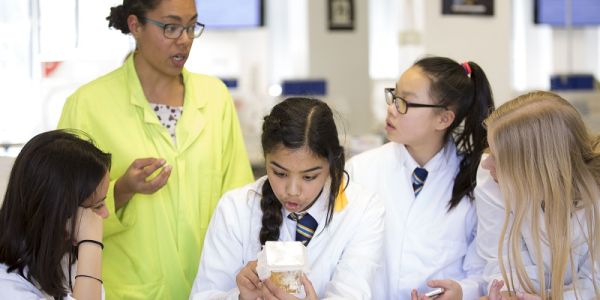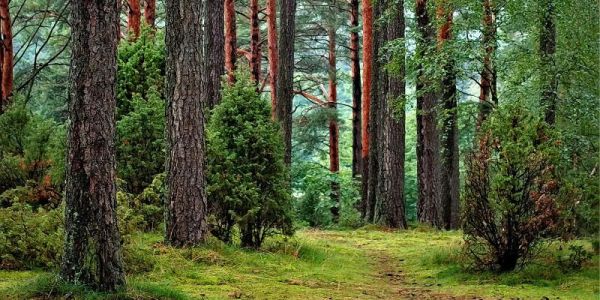
Invitation to 'Be Curious' about University research
The University is hosting a free, family-friendly event on Saturday 17 March to showcase some of its world-leading research to members of the public.

The University is hosting a free, family-friendly event on Saturday 17 March to showcase some of its world-leading research to members of the public.

Leeds Festival of Science returns this month to showcase plate tectonics, interactive space toys and the funny side of climate change.

Global warming may lead to a drop in lightning strikes, affecting atmospheric composition and the frequency of natural forest fires in the tropics, a new study suggests.

A study led by the University of Leeds has found that no country currently meets its citizens’ basic needs at a globally sustainable level of resource use.

Researchers from the University of Leeds are contributing to a 30-month autonomous vehicle project that will culminate in the most complex journey yet attempted across the UK without driver input.

An international competition to estimate the diversity of plants across the whole of Britain has shown that mathematical modelling techniques are ‘coming of age’.

Scientists have found fossil evidence of deep-sea marine life burrowing at least eight metres below the seabed – four times the previously observed depth for modern deep-sea life.

Senior regional business leaders visited the University this week to find out how Nexus, its new gateway to world-leading research expertise and infrastructure, will boost economic growth.

A new partnership agreement has been signed with Shanghai Jiao Tong University (SJTU), aimed at strengthening future research collaborations with the University of Leeds.

The remaining undisturbed rainforests in Borneo, some of the world’s tallest and most carbon-dense, have been removing carbon dioxide from the atmosphere over the past 50 years, a new study shows.